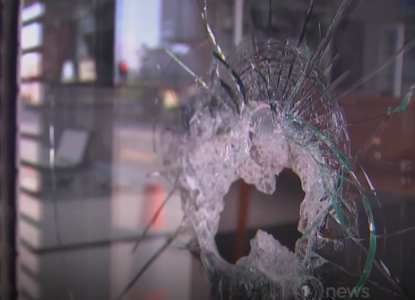14 April 2025
MTA Rejects Draft Right to Repair Bill - ‘A car isn’t a dishwasher’
Proposed ‘Right to Repair’ legislation is well-intentioned but too simplistic and would grind the automotive industry to a halt in its current form.
 Instead, industry and policymakers should work together to develop enduring, industry-specific solutions, the Motor Trade Association says in a submission on the Consumer Guarantees (Right to Repair) Amendment Bill.
Instead, industry and policymakers should work together to develop enduring, industry-specific solutions, the Motor Trade Association says in a submission on the Consumer Guarantees (Right to Repair) Amendment Bill.
MTA Chief Executive Lee Marshall says the Green Party should be commended for the Bill, which recognises a valid and growing issue.
“The bill was seemingly written with small household electronics in mind, and with reducing landfill as its aim. We support that sentiment. CEO Lee Marshall
But a car isn’t a dishwasher; vehicles can and do get fixed, parts are available, and good recycling systems and product stewardship schemes are already in place for all manner of vehicle components.
“As drafted, the Green Party Bill would cause major disruptions to Original Equipment Manufacturer (OEM) viability in our small market and make it near-impossible for the used import market to operate – possibly forced to provide information and parts they don’t have and can’t access. We could end up with less competition, higher costs to serve, and ultimately higher prices for consumers.”
MTA says right to repair in automotive is more about the need for access to repair information, tools, and necessary specifications, a problem that grows daily with ever more complex and technology-reliant vehicles. Legislation for automotive would look a lot different to what has been proposed because the problem is different.
“It’s a conversation has been simmering for over 20 years in our sector, with a significant effort from the general repair sector to bring it to the fore lately,” Mr Marshall says.
“MTA has been working in the background to broker an industry-wide solution, connecting the group currently advocating for ‘choice of repairer’ with new vehicle dealers and manufacturers.”
However, MTA recognises it’s a polarising subject, even within the automotive industry. The general and collision repair sector would say this is about ensuring consumers can choose where to have their car fixed, fair competition, and limits on how manufacturers can exclude non-OEM-affiliated repairers from the market by keeping information to themselves.
From a new vehicle industry perspective, it’s about protecting hard-earned intellectual property and ensuring vehicles are correctly and safely repaired by technicians who are trained in the specifics of the product.
“Of course, both are right. Both have valid points. And the answer will be somewhere in the middle,” Mr Marshall says.
“Given they are all our members, we can’t take sides, so we’ve been trying to broker a common ground which I’m optimistic is close. All parties have shown tremendous willing, and I’m hopeful we can continue in that vein.
“But for now we’ll be hoping this bill is squarely declined, with a door left ajar for an industry specific solution in the future.”



